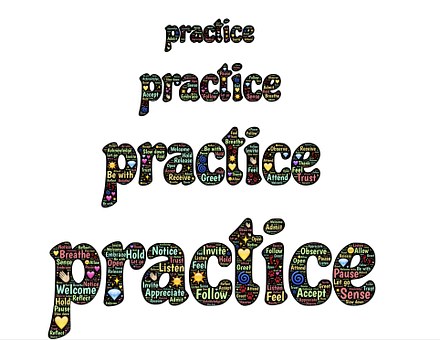How do I Self-Reflect?
How do I Self-Reflect?

How Do I Self-Reflect?
Self-reflection is a process of introspection where an individual examines their thoughts, actions, and experiences. It allows people to learn more about themselves, their emotions, and their motivations. Self-reflection is a powerful tool for personal growth, as it helps an individual become more self-aware, improve their decision-making skills, and better understand their relationships with others.
This article will explore the meaning of self-reflection, how to self-reflect, and its benefits.
What is the meaning of self-reflection?
Self-reflection is examining one's thoughts, feelings, and actions to gain insight
into oneself. It involves stepping back and evaluating one's behavior, beliefs, and values to identify patterns and areas for improvement.
Self-reflection is essential to personal growth, allowing people to learn from their experiences and make meaningful life changes.
Self-reflection can take many forms, including journaling, meditation, and talking with others. It can be done individually or with the help of a therapist or coach. The key is creating a space for honest self-evaluation and approaching the process with an open mind and a willingness to learn.
How to Self-Reflect?
Self-reflection can be challenging, especially when examining difficult emotions or experiences. However, with practice and patience, anyone can learn to self-reflect effectively. Here are some tips for self-reflecting:
- Create a quiet space: Find a quiet and comfortable place to focus without distractions. This could be a private room, a quiet park, or a secluded corner of a coffee shop.
- Set aside time: Make self-reflection a routine. Set aside time each day or each week to reflect on your experiences and emotions.
- Ask yourself questions: Ask yourself open-ended questions that encourage self-exploration. For example, "What am I feeling right now?" or "What can I learn from this experience?"
- Be honest: Honesty is essential for effective self-reflection. Be willing to acknowledge uncomfortable truths and examine your weaknesses and flaws.
- Write it down: Your thoughts and feelings can help you process them more effectively. Try keeping a journal or a notebook to record your reflections.
- Seek feedback: Talk with trusted friends, family members, or professionals to gain new perspectives on your experiences and behaviors. This can help you see things differently and gain insights you may have missed.
The Benefits of Self-Reflecting
Self-reflection has many benefits for personal growth and development. Here are some of the most significant benefits of self-reflection:
Increased self-awareness
Self-reflection helps individuals better understand themselves, their emotions, and their motivations. This increased self-awareness can lead to improved decision-making skills and more fulfilling relationships with others.
Improved emotional regulation
By examining their thoughts and feelings, individuals can learn to regulate their emotions more effectively. This can lead to reduced stress and better mental health outcomes.
Enhanced problem-solving skills
Self-reflection can help individuals identify patterns in their behavior and thought processes that may hinder their problem-solving skills. By understanding these patterns, individuals can learn to approach problems more effectively and find successful solutions.
Increased empathy
Self-reflection can lead to increased empathy and understanding of others. By examining their own experiences and emotions, individuals can better understand the experiences and emotions of those around them.
Improved relationships
By better understanding themselves and others, individuals can develop more fulfilling and satisfying relationships with those around them.
